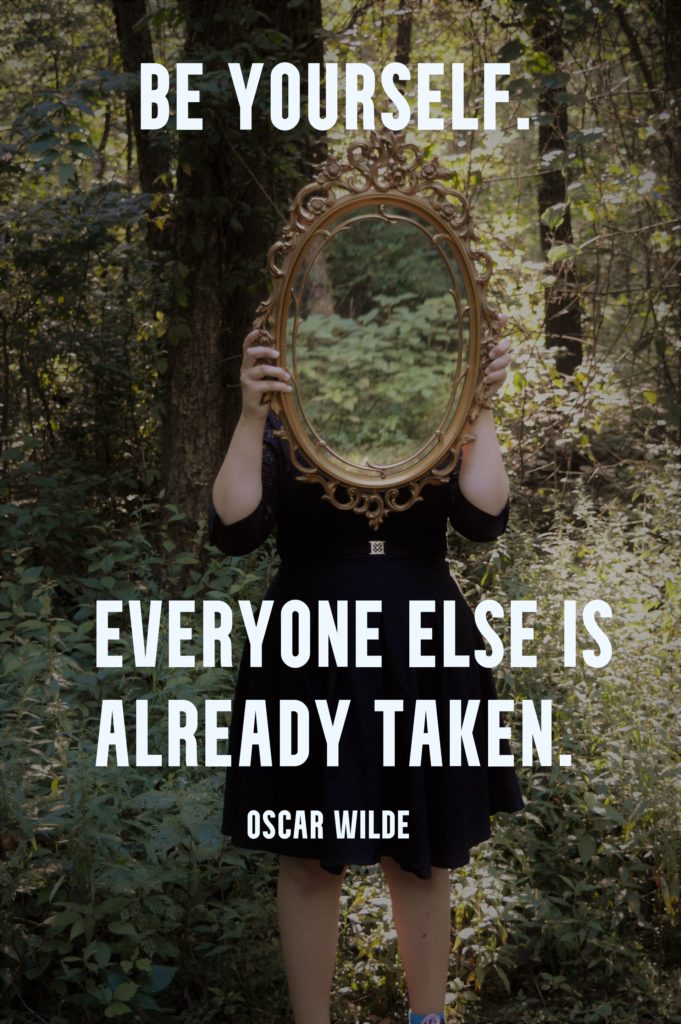
By Yvonne Milosevic
Social media has become an essential part of modern life—especially during the quarantine. With social distancing recommendations in place, it’s the primary way many of us interact these days. According to Statista, nearly 80% of Americans are on social networks, and three-quarters of them check their accounts daily. But scrolling through Instagram, Facebook, Snapchat, or TikTok can trigger some serious FOMO.
And a lot of what we see is just smoke and mirrors. The people and brands we follow often present a highly curated version of themselves that may not jive with reality. Until now, most studies on the topic have focused on how this idealization can negatively impact our mental health. New research from Columbia Business School finds that authentic self-expression on social media can counteract those consequences.
“Lots of research has considered the average effects of social media use on well-being,” says Erica Bailey, a doctoral student in management at Columbia and author of the study. We wanted to ask if there’s a way to use social media that’s better or worse for users, she explains.
Bailey’s research team included professors Sheena Iyengar and Sandra Matz of Columbia and Wu Youyou of Northwestern University. Together, they explored the tension users feel between presenting themselves authentically or in an idealized way. To do so, they used various investigations designed to test the psychological impact of prioritizing one over the other. In the end, they found that users who shared honest depictions of their life benefited psychologically and led happier lives.
Measuring Authenticity in Social Media

Their paper, published in Nature Communications, introduces the term “quantified authenticity.” The researchers calculated this by comparing self-reported personality to personality judgments made by computers based on observable behaviors on Facebook. (They primarily analyzed likes and status updates.)
“If you say you are an introvert, but your social media posts are about going to parties or to happy hour with friends,” Bailey says, “that would be someone who has more distance between their self-view and their expression, or low ‘quantified authenticity’.”
But no matter your personality type, these researchers say everyone can benefit from being authentic on social networks.
“One thing is clear – how someone is engaging on social media has a heavy impact on what they’re getting out of it,” says Professor Iyengar. “The healthiest decision someone can make for their happiness and well-being while on social media is to stay true to themselves and share their life as it is and not as they wish it to be.”


